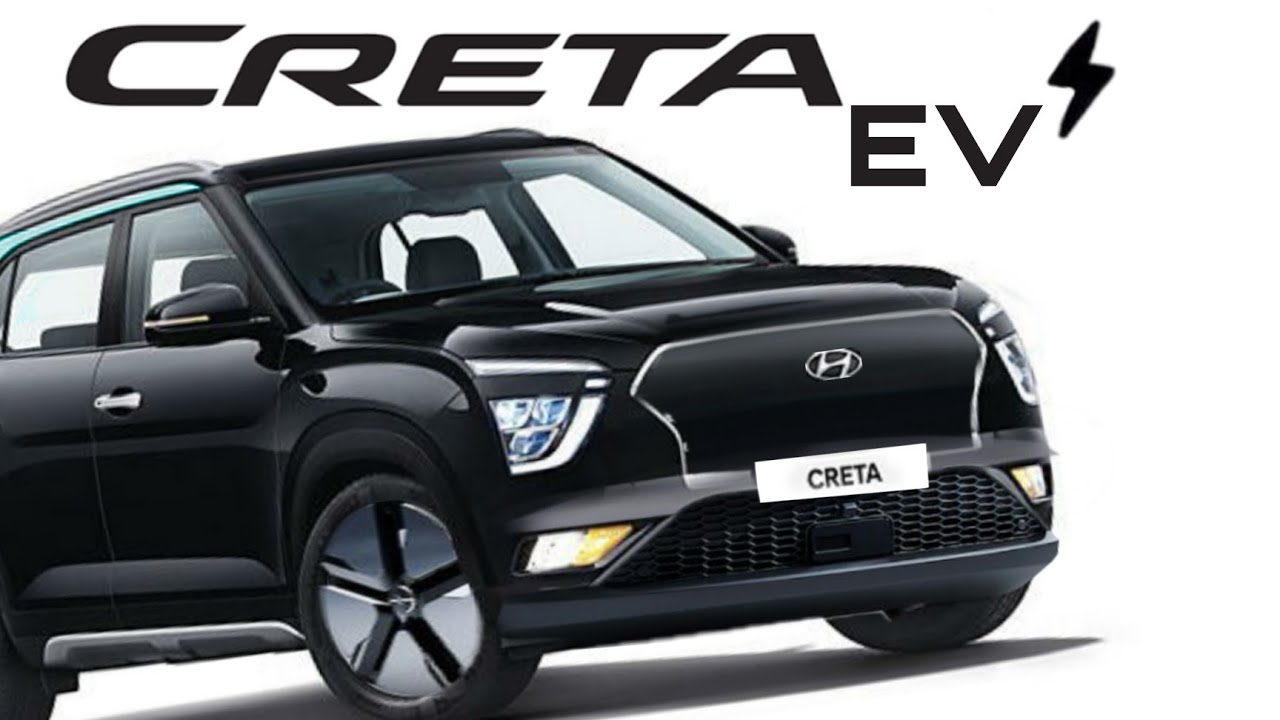In the rapidly expanding Indian electric vehicle (EV) market, two major players — Hyundai and Maruti Suzuki — are preparing to battle it out with their all-electric SUVs. Hyundai is expected to launch the Creta Electric, while Maruti Suzuki is gearing up to roll out its much-awaited e-Vitara EV, likely offering a range of up to 500 km on a single charge. As the EV revolution gains pace, this faceoff could become one of the most exciting showdowns in 2025.
Let’s break down what we know so far and compare both EVs to help you understand what to expect.
Better Latest Content
Overview Table: Creta Electric vs e-Vitara EV
| Feature | Hyundai Creta Electric | Maruti Suzuki e-Vitara EV |
| Expected Launch | Early 2025 | End of 2024 or Early 2025 |
| Range | Around 400 km (expected) | Up to 500 km (claimed) |
| Battery Pack | 45-50 kWh (expected) | 60 kWh (expected) |
| Charging Time | 6-8 hours (AC), <1 hour (DC) | 6-8 hours (AC), <1 hour (DC) |
| Platform | ICE-based EV adaptation | Born-EV platform (dedicated EV) |
| Price Range (Expected) | ₹18 – ₹25 lakh | ₹20 – ₹28 lakh |
| Key Features | ADAS, connected tech, regen braking | 360° camera, large touchscreen, fast charging |
| Competition | Tata Nexon EV, MG ZS EV | Tata Curvv EV, Creta EV |
Design & Style
Hyundai is expected to retain the same basic silhouette of the current Creta for its electric version but with EV-specific styling. Expect a closed-off grille, aero-optimized alloy wheels, and blue accents that differentiate it from its petrol and diesel siblings.
On the other hand, the e-Vitara will reportedly be built on a dedicated EV platform shared with Toyota (likely based on the e-TNGA). This gives Maruti an advantage in design freedom, allowing a more futuristic and sleek SUV style. Spy shots hint at LED lighting signatures, flush door handles, and a bold stance.
Performance & Battery
Creta Electric is expected to borrow powertrain components from the Kona Electric, meaning it could feature a 45 to 50 kWh battery pack with a range of 400 km. It will come with multiple driving modes, regenerative braking, and a well-calibrated throttle for smooth city and highway use.
Maruti’s e-Vitara, however, could come with a larger 60 kWh battery, offering a class-leading 500 km range. This longer range could become its biggest selling point, especially for Indian consumers concerned with charging infrastructure. The e-Vitara might also get faster DC charging capabilities and a better thermal management system for Indian climates.
Features & Tech
Hyundai already offers advanced features in its ICE Creta, and the electric version will likely continue that trend. You can expect:
- ADAS level 2
- Connected car features
- Ventilated seats
- Wireless Android Auto & Apple CarPlay
- Regenerative braking with multiple modes
Maruti, traditionally known for budget-friendly, feature-light cars, is now taking a leap in premium features. Reports suggest the e-Vitara will come loaded with:
- 360-degree camera
- Larger touchscreen infotainment (10-inch+)
- Voice assistant
- EV-specific digital instrument cluster
- Advanced navigation with charging station info
Price & Expected Launch
The Hyundai Creta Electric is expected to hit showrooms in early 2025, with an estimated price of ₹18 lakh to ₹25 lakh, depending on the variant and battery capacity.
The Maruti e-Vitara EV could launch by late 2024 or early 2025, and is likely to be priced slightly higher at ₹20 lakh to ₹28 lakh due to its longer range and born-EV architecture.
Which One Should You Wait For?
If you want a proven brand with strong service backup, stylish looks, and good features, Creta Electric will be a safe choice. Hyundai has more EV experience globally, and that will show in performance and quality.
However, if your priority is longer range, more cabin space, and a new-age EV platform, then the e-Vitara EV could be a better pick. Maruti is aiming big with this launch and could disrupt the market with its first serious electric SUV.
Final Thoughts
Both the Creta Electric and e-Vitara EV are shaping up to be strong contenders in the mid-size EV SUV segment. With Tata, MG, and Mahindra already making their mark, the entry of Hyundai and Maruti in full swing will take competition to the next level.
While Hyundai’s Creta Electric will appeal to those looking for familiarity and finesse, Maruti’s e-Vitara could win hearts with its

